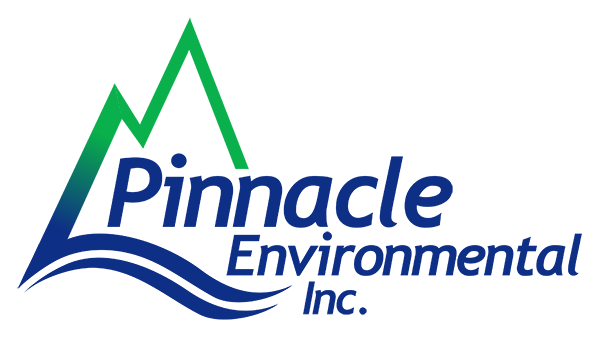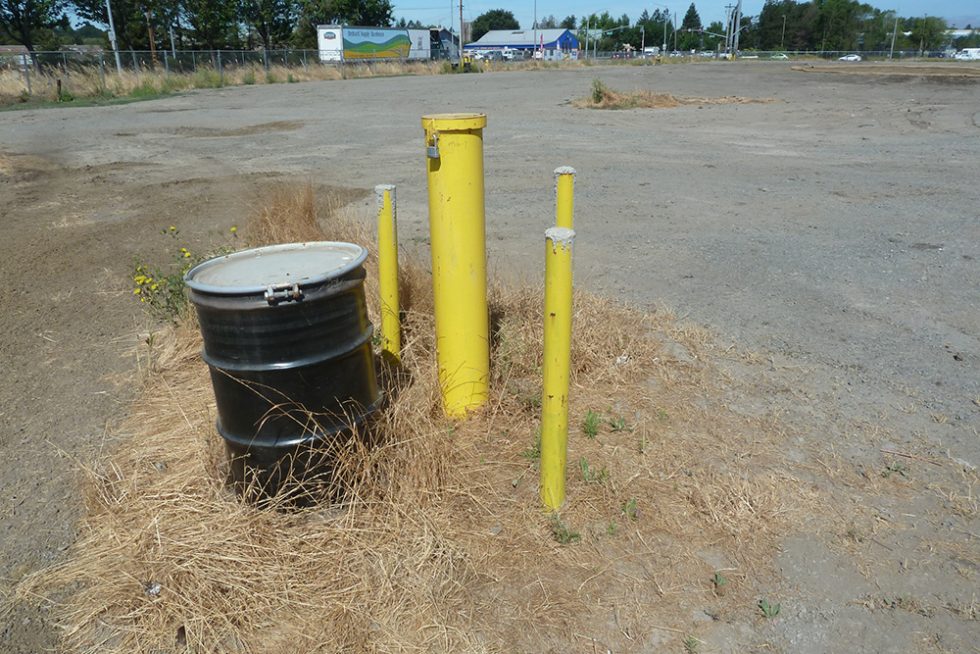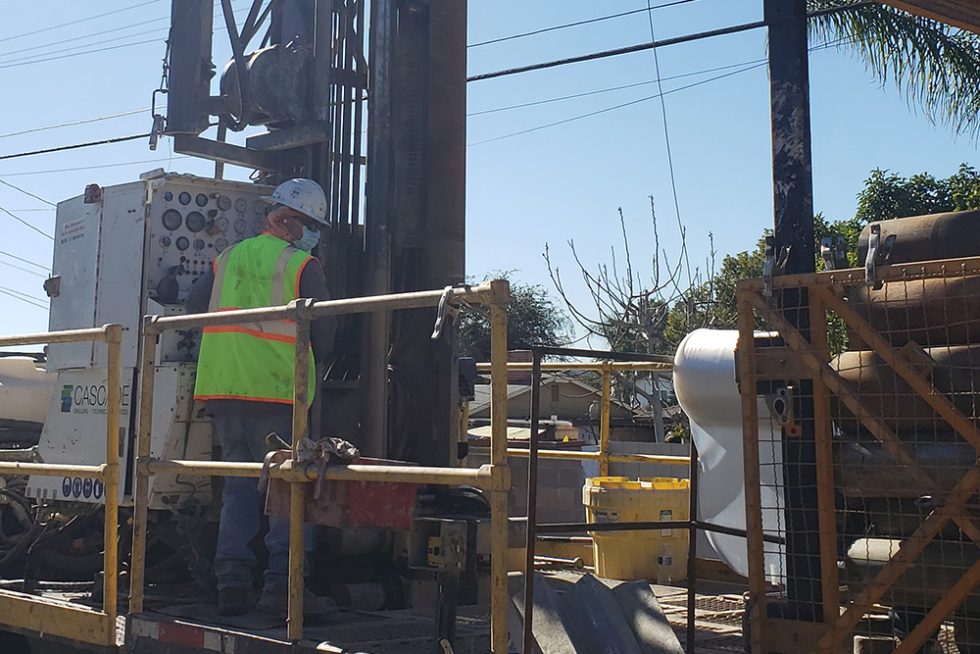Hydrogeology & Groundwater Assessment
Hydrogeology & Groundwater Assessment
Groundwater is a vital resource that is used for domestic, agricultural, and industrial purposes. It is also an important source of water for many ecosystems. However, groundwater resources are under threat due to overuse, contamination, and climate change. Hydrogeologists and groundwater specialists work to understand and manage these resources to ensure their long-term sustainability.
What is Hydrogeology?
Hydrogeology is the study of the physical, chemical, and biological processes that affect groundwater movement and storage. Hydrogeologists use a range of tools and techniques to investigate groundwater, including geophysical surveys, drilling, and computer modeling. Some of the key aspects of hydrogeology include:
-
-
- Aquifer Properties: Hydrogeologists study the physical properties of aquifers, including their permeability, porosity, and hydraulic conductivity. These properties determine how easily water can flow through the aquifer and how much water can be stored.
- Groundwater Flow: Hydrogeologists use mathematical models to simulate the movement of groundwater through the subsurface. This helps to predict the movement of pollutants and the availability of groundwater resources.
- Water Quality: Hydrogeologists study the chemical and biological properties of groundwater to assess its quality. This includes testing for contaminants, such as nitrates, pesticides, and heavy metals.
- Groundwater Recharge: Hydrogeologists investigate the processes that recharge groundwater, such as rainfall and infiltration. Understanding recharge is critical for managing groundwater resources.
-
How is groundwater assessed?
Groundwater assessment involves the evaluation of groundwater resources to determine their quantity, quality, and sustainability. This is important for making decisions about water allocation and management. Groundwater assessment involves the following steps:
-
- Site Investigation: This involves collecting data about the geology, hydrology, and water use in the study area.
- Hydrological Monitoring: This involves measuring groundwater levels and flow rates over time to assess the sustainability of the groundwater resource.
- Water Quality Analysis: This involves testing groundwater for contaminants and other parameters that affect water quality.
- Modeling and Prediction: Hydrogeologists use mathematical models to predict the behavior of groundwater under different scenarios, such as changes in climate or water use.
- Management and Planning: Based on the results of the assessment, hydrogeologists, and water managers develop strategies for managing and protecting groundwater resources.
What are some environmental concerns identified by Groundwater Assessment?
Hydrogeology and groundwater assessment identify a variety of environmental concerns. The following are some examples:
-
- Groundwater Contamination: Hydrogeology and groundwater assessment can identify sources of groundwater contamination, such as leaking underground storage tanks or agricultural runoff. By understanding the pathways and mechanisms of contamination, appropriate remediation measures can be implemented to protect public health and the environment.
- Aquifer Depletion: Overuse of groundwater resources can lead to depletion of aquifers. Hydrogeology and groundwater assessment can identify areas where groundwater pumping is exceeding the rate of natural recharge and help establish sustainable pumping rates to prevent overuse.
- Saltwater Intrusion: Groundwater withdrawals in coastal areas can cause saltwater to intrude into freshwater aquifers. Hydrogeologists can use groundwater assessment to identify areas where saltwater intrusion is occurring and develop strategies to mitigate it, such as reducing pumping rates or increasing recharge.
- Climate Change Impacts: Hydrogeology and groundwater assessment can help understand the impacts of climate change on groundwater resources, such as changes in precipitation patterns, sea level rise, and altered groundwater recharge rates. This information can be used to develop adaptation strategies to ensure the long-term sustainability of groundwater resources.
By understanding the complex relationships between groundwater and the environment, Pinnacle can help develop sustainable strategies for managing these precious resources.




